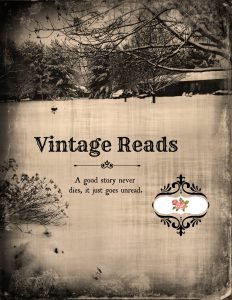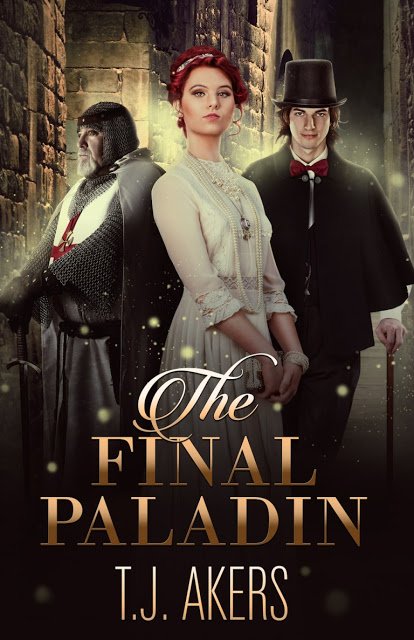There’s a difference between deaf and Deaf. The former is a physical condition, the latter is an identity. Having grown up with a deaf sibling, I’d always been aware of the frustrations in communicating with someone who can’t hear, but until recent years I had not known there was an official community. Deaf with a capital D.
In The Silence Between Us, Alison Gervais gives us a personal and very real peek into how deaf people are forced to deal with the hearing world. In addition, she presents the Deaf community’s ongoing discussion (debate? argument? quarrel?) over cochlear implants. Should they endure the surgery or not? Should they make it easier to live in the hearing world, or should they insist the majority population give consideration to those who communicate with their hands and not their voices?
Synopsis
Maya lost her hearing after surviving meningitis. Her deaf school uses sign language as the best means of communication. ASL is so much easier than reading lips.
When her single mom moves the family across the country for her job, Maya must attend a hearing school. In classes, she has the convenience of her delightful interpreter, Kathleen, but only two students show any interest in reaching out in friendship and learning sign language. Beau is annoying and endearing all at the same time, and Nina isn’t good at sign language, but her friendship is precious.
The stress of Maya’s little brother, who has cystic fibrosis, combined with the chip on her shoulder and her worries about getting into a hearing college, and you have a great story with dozens of obstacles to be overcome on a daily basis.
Pros
- If you want to know what it’s like to live as a deaf person in a hearing world, The Silence Between Us will answer every question. Maya immediately immersed me into her world.
- Alison Gervais addresses the quandary that hearing people have in relationships with deaf friends and family. Like many of the hearing characters in the book, I am so slow in learning ASL and in reading combinations of signs at flying-finger speed.
- The Silence Between Us is one of those stories that you don’t want to end. Where is the sequel of new challenges for Maya at the college level? Or the obstacles she faces when she begins her career as a respiratory therapist?
Cons
My only objection to any part of this novel is how unlikable Maya was for several chapters. But then again, how many teenagers are likable when every day is an exercise in frustration?
Discussion Questions
- As a hearing person, if a new student attended several of your classes, would you try to welcome him or her? Would you go so far as learning sign language?
- If you were a deaf person and you were a new student in a hearing school, how would you try to cope? Would you be as angry as Maya was?
- Dating between hearing people and members of the Deaf community is often frowned upon. What was Maya’s answer to that criticism?
- Another bone of contention within the Deaf culture is whether to use cochlear implants or not. Do you agree with Maya’s decision not to use an implant even though the device would make it easier to communicate in her future job? Why or why not?
Conclusion
Of all the books that I’ve reviewed that contained deaf characters, The Silence Between Us is my favorite. Alison Gervais has done more than tug on my heart strings. She inspires me to do more regarding my own relationships with the Deaf community. Inspiration. That’s what makes a great book!




 devours every book on horses that she can get her hands on?
devours every book on horses that she can get her hands on?



 the dream of every reader who loves swashbuckling adventure.
the dream of every reader who loves swashbuckling adventure.


